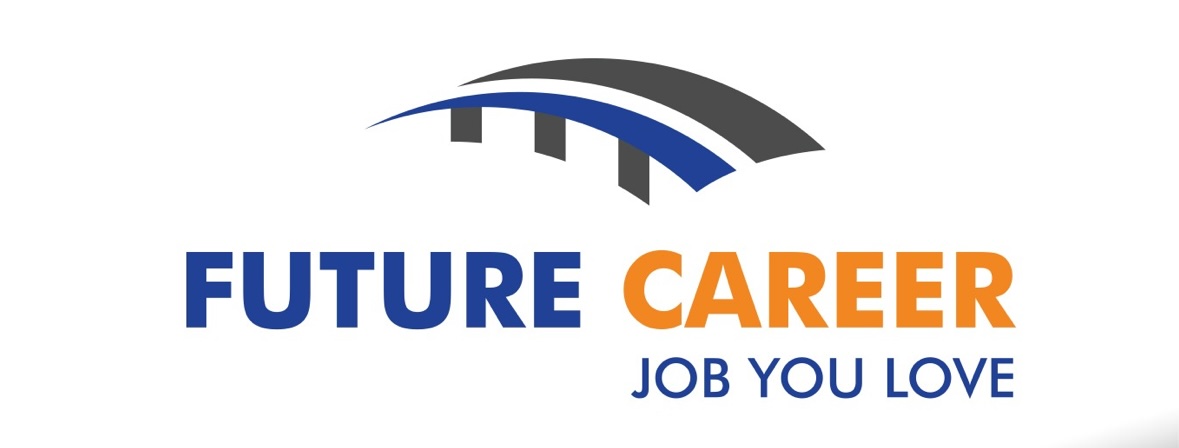Tech vs. Jobs: Will Innovation Create or Destroy Employment?
As technology continues to advance at an unprecedented pace, a pervasive question looms over the workforce: Will new technologies destroy jobs? The rise of artificial intelligence (AI), automation, and other technological innovations has sparked concerns about their potential to render certain roles obsolete. However, this narrative is often oversimplified. In this blog, we’ll delve into the complexities of how new technologies are affecting the job market, examining both the risks and opportunities they present.
Understanding Technological Disruption
Technological disruption is not a new phenomenon. Throughout history, innovations such as the steam engine, assembly line, and computers have transformed industries and altered the landscape of employment. Each technological revolution has brought about fears of job loss, yet it has also led to the creation of new roles and entire industries.
For instance, the advent of the internet displaced many traditional jobs, such as newspaper reporters and travel agents. However, it also gave rise to new career paths in digital marketing, e-commerce, and cybersecurity. This pattern suggests that while technology can eliminate specific roles, it also creates opportunities for new employment.
The Current Landscape of Technology and Employment
Today, AI and automation are the focal points of discussions about job displacement. Industries ranging from manufacturing to customer service are increasingly adopting these technologies to enhance efficiency and reduce costs. According to a report from McKinsey, up to 800 million jobs could be displaced by automation globally by 2030. However, the same report suggests that up to 375 million workers may need to change occupational categories due to automation and AI advancements.
The impact of these technologies varies across sectors. In some industries, such as manufacturing, automation may lead to significant job losses as machines take over repetitive tasks. Conversely, sectors like healthcare and education may see an augmentation of jobs, where technology supports rather than replaces human workers. For instance, AI can assist doctors in diagnosing diseases, allowing healthcare professionals to focus on patient care.
Job Creation Through Technological Innovation
While concerns about job loss are valid, it’s essential to recognize that new technologies often lead to job creation as well. The World Economic Forum estimates that 97 million new roles may emerge by 2025 due to the shift in labor markets driven by automation and AI. These roles will likely focus on areas that require human skills, such as creativity, emotional intelligence, and complex problem-solving.
As technology evolves, so does the nature of work. Many new roles will demand skills that emphasize collaboration and critical thinking. For example, positions in data analysis, AI ethics, and digital marketing are becoming increasingly essential. Additionally, as businesses integrate new technologies, they will require skilled workers to manage, maintain, and improve these systems, creating even more opportunities.
The Skills Gap and the Importance of Reskilling
One of the most pressing challenges presented by technological advancements is the skills gap. As industries adapt to new technologies, the demand for specific skills will shift. Many workers may find themselves lacking the necessary qualifications to thrive in a technology-driven job market. This reality underscores the importance of reskilling and upskilling initiatives.
Employers, educational institutions, and government agencies must collaborate to develop training programs that equip workers with the skills needed for emerging roles. For instance, coding boot camps, online courses, and vocational training can provide valuable learning opportunities for individuals looking to transition into tech-related fields. Investing in continuous learning not only benefits employees but also strengthens organizations by creating a more adaptable workforce.
The Role of Human Skills in an Automated World
While technology is rapidly advancing, human skills remain irreplaceable. Skills such as empathy, leadership, and interpersonal communication are crucial in fostering collaboration and innovation in the workplace. Even in an automated environment, organizations will continue to rely on human workers for decision-making, creativity, and emotional intelligence.
Furthermore, as technology takes over repetitive tasks, workers will have more time to engage in strategic thinking and creative problem-solving. This shift could lead to a more fulfilling work experience, as employees are able to focus on higher-level tasks that require critical thinking and innovation.
The Need for a Balanced Perspective
The debate over whether new technologies will destroy jobs is complex and multifaceted. While there is no denying that certain roles may be lost to automation and AI, it is equally important to recognize the potential for job creation and transformation. A balanced perspective is crucial for policymakers, businesses, and workers alike.
Rather than fearing job loss, stakeholders should focus on how to adapt to the changing landscape. Policymakers can promote initiatives that support workforce development, ensuring that workers have access to training and education. Businesses can invest in upskilling their employees and fostering a culture of lifelong learning. Individuals can take proactive steps to acquire new skills and embrace change in their careers.
Conclusion
In conclusion, while new technologies pose risks to certain jobs, they also offer opportunities for innovation and job creation. The impact of AI and automation on the workforce is complex, and understanding this complexity is essential for navigating the future of work. By embracing a mindset of adaptability and continuous learning, both employers and employees can thrive in a technology-driven landscape. Ultimately, the focus should be on leveraging technology to enhance human potential, rather than fearing job loss. The future of work is not about replacing humans with machines; it’s about finding a harmonious balance where technology and human skills coexist and complement each other.






